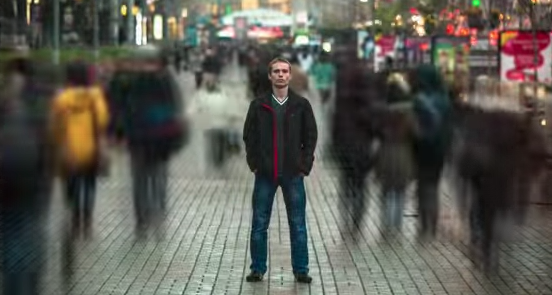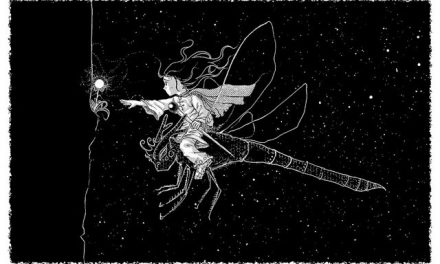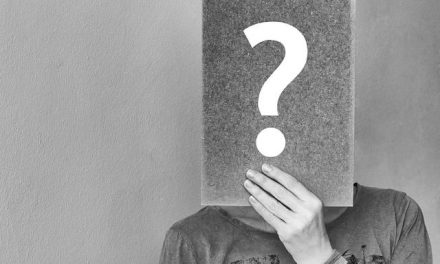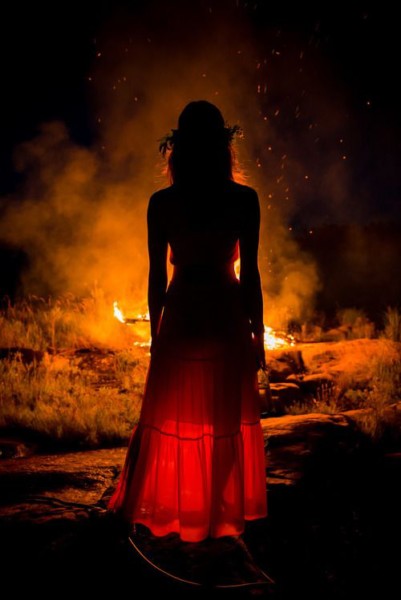
As Siddhartha Gautama faced the armies of Mara, he reached down and touched the earth (Bhumisparsha, or Maravijaya mudra) calling to the river goddess (Mae Thorani, Vasudhara, Prthvi, or Bhumi) and she rose to wring the water from her hair, washing away the last of the hindrances. Only after her intercession is when Siddhartha Gautama reached enlightenment.
By Michelleanne Bradley
I have been revisiting the story of Siddhartha Gautama’s enlightenment, because I love the story.
I do call Siddhartha’s enlightenment a story because there are so many versions, none of them were recorded for social media, and we know that everyone adds their own facets. 2600 years of facets adds for a lot of variation. Several versions offer the tale of a single solitary man, leaving his family, on a quest for enlightenment.
The implications are that the Buddha did this all on his own, without the aid of others.
He had taken teachers and moved on, gathering disciples as he continued, making choices of extreme ascetism, when he discovered the middle way on his way to discover the Noble Eightfold Path to Enlightenment. Here is where I prefer some other interpretations.
Siddhartha Gautama had been supported along his journey by community. He was supported by his family, then when he left, he was supported by the teachers he sought out and the community of disciples who surrounded him.
He selected and discarded that which did not work for him. After a period of ascetism, where the stories say he could reach his spine through his stomach, he was approached by a woman with rice and honey. This woman recommended the middle path.
His disciples left him for choosing to not continue with ascetism.
He continued on his way, finding balance between attachment and aversion, between extremes of sensual pleasure and ascetism, but he did not find his way alone. In one of my favorite versions of the story, he faces the hindrances of sensual desire, ill will, apathy and laziness, anxiety and doubt—and this last piece is where he stumbles: Anxiety and Doubt.
As Siddhartha Gautama faced the armies of Mara, he reached down and touched the earth (Bhumisparsha, or Maravijaya mudra) calling to the river goddess (Mae Thorani, Vasudhara, Prthvi, or Bhumi) and she rose to wring the water from her hair, washing away the last of the hindrances. Only after her intercession is when Siddhartha Gautama reached enlightenment.
I struggle with anxiety and doubt, and their buddy depression.
I know that I rely on my community to work though those hindrances. I find great strength in sitting in community. There is something incredibly powerful about sitting in silence with a group of people while the world carries on around it, in complete unawares.
That the Buddha too relied on others around him to shape and form his path and his teachings is often overlooked in the presentation of the solitary figure under the Bodhi tree. We need each other, we rely on each other, we both support and find support in each other, it is our middle way, our balance.
I also love that women are the pivotal figures in the journey of Siddhartha to become Buddha, in the woman offering him rice and honey, as well as the river goddess.
Again, according to the stories, Buddha did not transmit teachings to women until after the discussion with Ananda which changed his mind about inviting women into his circles. Women were there to serve (now there is a recurring theme if ever I have seen one), but not to learn.
We still have discussions today about the place of women in Buddhism, who will receive transmissions of teachings, which ones can be ordained into which orders, and whether or not women can achieve enlightenment in female form (if you cannot hear me rolling my eyes, please know that it is happening, even as I write that).
My point is that we are all in this together, through the good and the bad, the tranquil and the hard. The sooner we recognize that without the imposition of the hierarchical and the patriarchal, the more we can enjoy the tranquil and good times.
Photo: Pixabay
Editor: Dana Gornall
Did you like this post? You might also like:
Comments
- Trauma, Grieving and the Root of Suffering - January 25, 2024
- Releasing Resentment and Practicing Forgiveness - January 12, 2024
- Meeting Others (and Myself) with Compassion {Dharma Talk} - August 30, 2023




